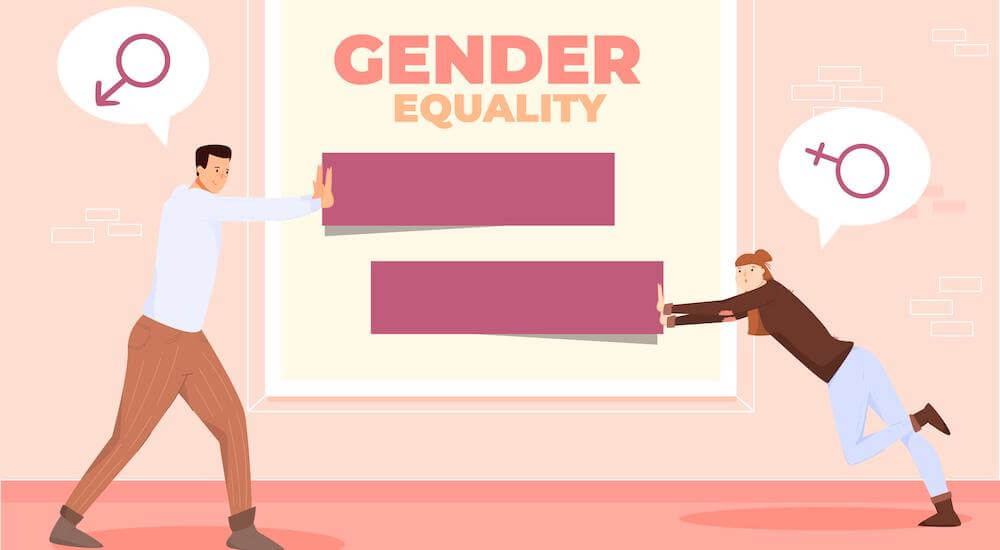The dynamics of battle has drastically changed in recent decades. Opposing armed organizations are engaged in internal conflicts that increasingly target people and have devastating effects on society in terms of physical, psychological, social, political, and economic aspects. These groups are frequently divided along ideological or ethnic lines. Due to the altered nature of conflict, there is an increased need to take into account the various affects it has on women, girls, and boys as well as to attend to their unique needs prior to, during, and following conflict. The significance of involving women in peace and security procedures is also becoming more widely recognized. Without women, who make up half the population and play a crucial role in society, it will be impossible to achieve lasting peace. They play active roles as combatants, peacemakers, politicians, activists, and are frequently in the best position to bring about peace in their communities; they are not just passive victims of violence.
Women have become voices for peace throughout the world, rallying across communities and using their social networks and societal responsibilities to mediate and lessen violence. Instead of focusing only on cease-fires and power sharing, they have urged that the complicated problems of peace and peacebuilding as well as the needs of the communities concerned be taken into account. A framework for addressing women, peace, and security has been developed by the international community in response, and it includes binding international law and resolutions from the UN Security Council. Regional organizations, motivated by the advocacy of women’s groups and the experiences of conflict, have also built strong frameworks around gender equality and women’s rights in order to establish lasting peace, including the European Union, NATO, and the African Union. The definition of security has changed from one of state security to one of human security as a result of these changes. The modern definition of security emphasizes the safety of individuals and communities, as opposed to the previous definition of security, which focused on the defense of boundaries and state sovereignty. It broadens the scope of the actors involved, including non-state actors and civil society, as well as the type of security concerns including poverty, inequality, gender-based violence, a lack of democracy, and marginalization. To do this, society must be built to resist unpredictability and strife. It is an atmosphere where people can thrive, which goes beyond the absence of violent conflict.
The demands of men, women, boys, and girls are different, and a security system based on human security takes these needs into account. It also ensures that women are fully and equally represented in the population, which answers everyone’s needs and promotes a more tranquil and safe society. In order to uphold universally recognized human rights principles, the security sector must incorporate a gender perspective. Additionally, when men and women participate equally in decision-making, better results result, and using gender perspectives and mainstreaming improves operational effectiveness.






